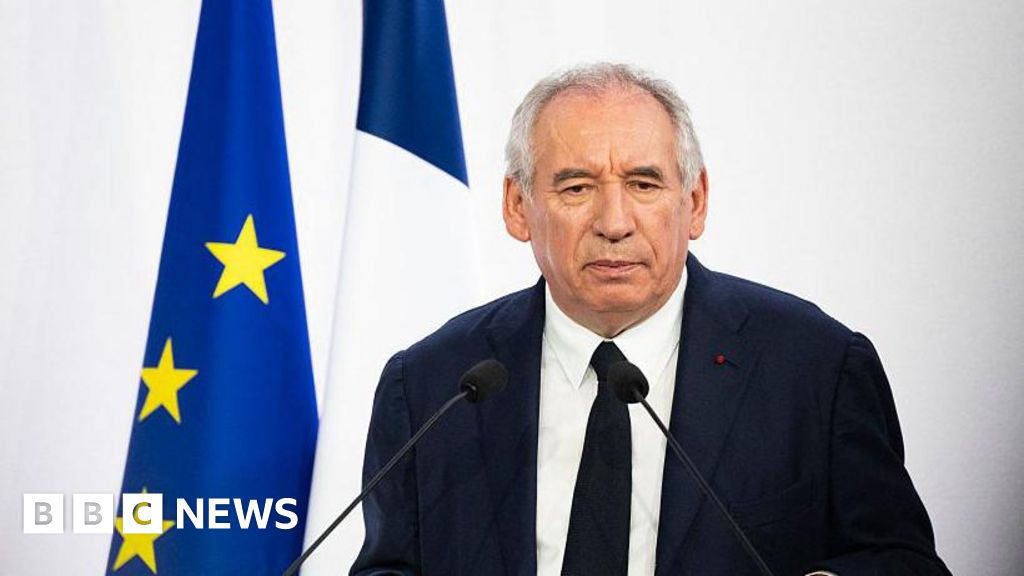In a daring move, France's Prime Minister François Bayrou announced plans to eliminate two public holidays as part of a budget proposal aimed at reducing the national debt by 2026. The suggested holidays for removal include Easter Monday and May 8, a day that marks the Allied victory in World War II in Europe. Bayrou emphasized that the current number of public holidays turns May into a "gruyère", likening it to Swiss cheese with numerous gaps, and expressed willingness to consider alternative proposals.
Bayrou cautioned that France, the eurozone's second-largest economy, was in "mortal danger" of being overwhelmed by debt. Addressing the media with a backdrop declaring "The moment of truth," he elaborated on a variety of ambitious financial strategies designed to control the annual budget deficit. These strategies include freezing public spending for the next fiscal year, eliminating tax incentives for affluent citizens, and reducing the workforce of civil servants.
Another critical component of the proposed budget is accommodating President Emmanuel Macron's initiative to boost defense expenditures by €3.5 billion (£3 billion) next year, followed by an additional €3 billion in 2027. However, it was Bayrou's plan to cut public holidays that immediately garnered extensive media attention, sparking outrage from multiple political groups. The far-right National Rally (RN) party labeled the proposal an affront to French history and workers, while Green party leader Marine Tondelier lamented the potential loss of a holiday honoring the victory over Nazism.
In the wake of his address, Bayrou defended his rationale, asserting that "basic arithmetic" dictated the government's fiscal path. He pointed out the necessity to find over €40 billion to meet the target of reducing the budget deficit, which he claimed escalates at €5,000 every second. The aim, according to Bayrou, is to cut the deficit from 5.8% last year to below 4.6% this year, ultimately targeting under 3% by 2029.
Bayrou, who has been in office since December, faces significant challenges in passing his budget proposal through parliament, especially after his predecessor Michel Barnier's attempt to control the deficit led to his government's collapse following a no-confidence vote. Current threats from opposition factions suggest a repeat of this scenario when Bayrou's budget reaches the Assembly in the autumn.
Prominent figures like Jean-Luc Mélenchon from the radical left France Unbowed (LFI) called for Bayrou's ouster, while RN leader Marine Le Pen accused him of unfairly targeting French citizens instead of addressing financial waste. Despite these challenges, Bayrou remains resolute in his mission to restore fiscal stability, acknowledging the inherent risks of a political rebuke.
In the backdrop of significant division within the French parliament, where a recent electoral majority remains elusive, another snap election could result in similar gridlock. Should Bayrou's administration falter, President Macron will face a tough decision—appointing a new leader or selecting an unelected technocratic government, neither option likely to please lawmakers. Amidst dwindling personal popularity under 25%, calls for Macron's early resignation loom, although he has consistently resisted stepping down before the conclusion of his second term in 2027.




















